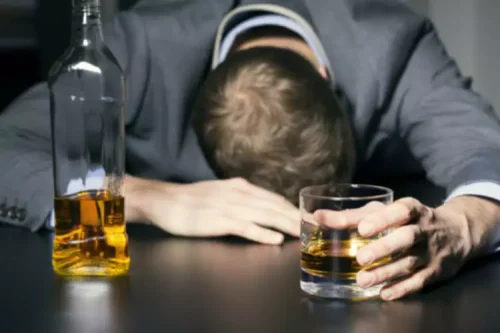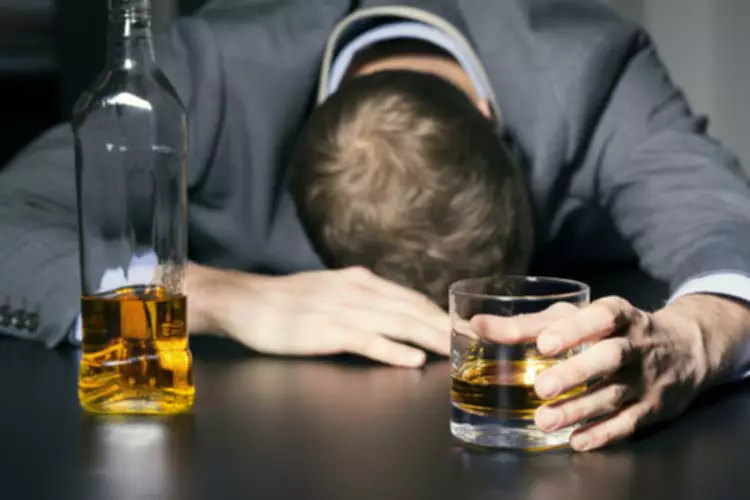Alcoholic Drinks That Help You Sleep: Exploring Nightcaps for Better Rest

Since even small amounts of alcohol can affect your sleep, the overwhelming consensus in the medical community is that alcohol is not an appropriate sleep aid. Alcohol is a muscle relaxant, so consuming alcohol at bedtime can make a person more prone to experience a blocked airway. People who typically snore or who have obstructive sleep apnea tend to display more severe snoring and lower blood oxygen levels after drinking alcohol, especially when they drink close to bedtime. People who regularly drink alcohol are 25% more likely to have obstructive sleep apnea, although the connection may be partly due to other shared risk factors such as obesity. Alcohol initially acts as a sedative, increasing the proportion of deep sleep at the beginning of the night.
Can You Take Melatonin While Pregnant?

It may increase the likelihood of waking up in the middle of the night, resulting in grogginess the next morning. Drinking alcohol can affect the quality and length of your sleep, leading to sleep disorders — such as insomnia and sleep apnea — in some. In two separate studies, up to 28% of people said they use alcohol to help them fall asleep.
- As research consistently shows, however, the opposite is actually true.
- When your body has eliminated the alcohol, the substance’s sedative effects will have worn off, which is also why you may start to feel how disrupted your sleep is.
- It’s important to note that while some report difficulty getting to sleep after drinking, others have no problem.
- (2002) reported a trend for elevated beta activity in alcoholics across theentire night at baseline that became a significant difference during a recovery nightfollowing a night of partial sleep deprivation.
- The importance of quality sleep in all mental health issues, and overall well-being, cannot be overstated.
- It is the first line of defense against chronic anxiety and depression.
It Can Lead to Insomnia
There are a ton of options for changing your drinking routine, whether that means cutting down a little or abstaining completely. If you want to avoid any ill-side effects of alcohol—at least as it relates to your sleep—cut yourself off around three hours before bedtime. The effects usually wear off Sobriety after three or four hours, which will put you in better shape come bedtime. Sleep occurs over a sustained period, typically lasting approximately 8 hours inhumans.
- When she’s not working, you can find Christina traveling the world in search of the best gluten-free eats and trying out the latest beauty, fitness, and wellness trends.
- Alcohol often does reduce sleep onset latency—the time it takes to fall asleep.
- While it may help you fall asleep faster, it disrupts the normal sleep cycle, particularly during the second half of the night.
The day after and long-term effects of alcohol
- If you think you may have a sleep problem or disorder, consider taking our brief sleep quiz to find out.
- A small 2010 study published in Alcohol and Alcoholism examined the diuretic effects of one liter of beer on 12 men.
- The left panel(KC+) shows the result of averaging responses that included K-complexes.
- Remember that only a healthcare professional or sleep specialist can diagnose a sleep condition.
Alcohol can disrupt your circadian rhythms, which typically help you fall asleep at night. One of the most significant impacts of alcohol on sleep is fragmentation, particularly in the latter half of the night. As the body metabolizes alcohol, it leads to more frequent awakenings, resulting in choppy, low-quality sleep. Alcohol’s diuretic effect often exacerbates this fragmentation, increasing the need for nighttime bathroom visits and further disrupting sleep continuity.


For a person who already has sleep apnea, drinking alcohol can exacerbate the problem, making for an even worse night’s sleep. If you don’t have an existing case of OSA, drinking even a small amount https://ecosoberhouse.com/ before bed can cause this issue. Insomnia is an issue that leads to difficulties falling or staying asleep.
Not getting enough REM sleep can make concentrating difficult, cause forgetfulness and leave people feeling excessively sleepy during the day. Poor sleep can also contribute to a wide range of health problems, according to the NIH, including obesity, high blood pressure and depression. Overall, if you’re consistently having trouble falling asleep or staying asleep, talk with your doctor about identifying and treating the source of your sleep issues.

Learn More About Sleep Apnea
It’s about setting a positive tone for the discussion, which is essential in ensuring both partners feel heard and understood. If you have ongoing sleep problems or suspect a sleep disorder, see your doctor. They can ask questions about your symptoms and history to help can alcohol help you sleep determine if you need further testing.
